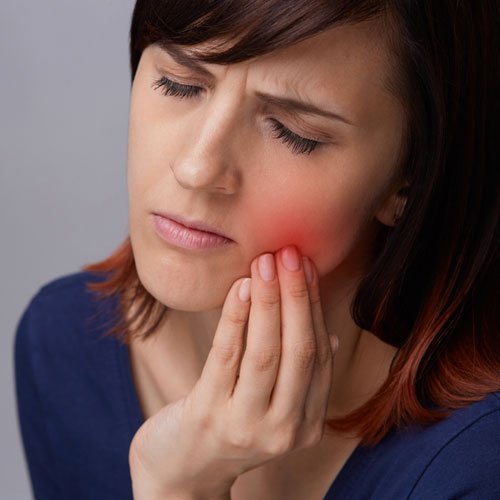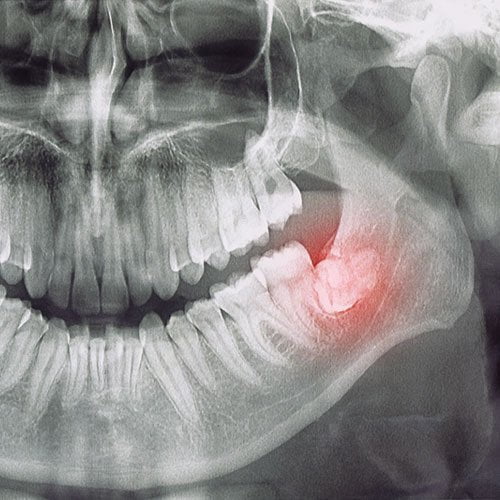No matter how careful you are with your oral health and hygiene, at some point in your life, you will perhaps experience a toothache. Though a cavity is the main culprit, there are many other reasons causing tooth pain.
Tooth Decay
When the bacteria grow in huge numbers, it causes tooth decay which in turn results in toothache
An abscessed or infected tooth
This condition is described when there is a formation of pus in the tooth, causing severe tooth pain
Sinus infection
Drainage from sinus inflammation causes tooth pain often in the upper teeth that are close to the sinuses.
Food debris in between the teeth
Food particles deposited in your teeth often results in tooth pain.
Wisdom teeth
Wisdom teeth often emerge without a warning. When your wisdom tooth breaks through the gums, it causes unbearable pain.
Temporomandibular Joint (TMJ) disorders
Commonly referred to as a pain in your jaw joints, this dental disorder is yet another common reason for a toothache. Grinding: Most people clench or grind their teeth at night while sleeping, which can cause slight pain in their mouth.



